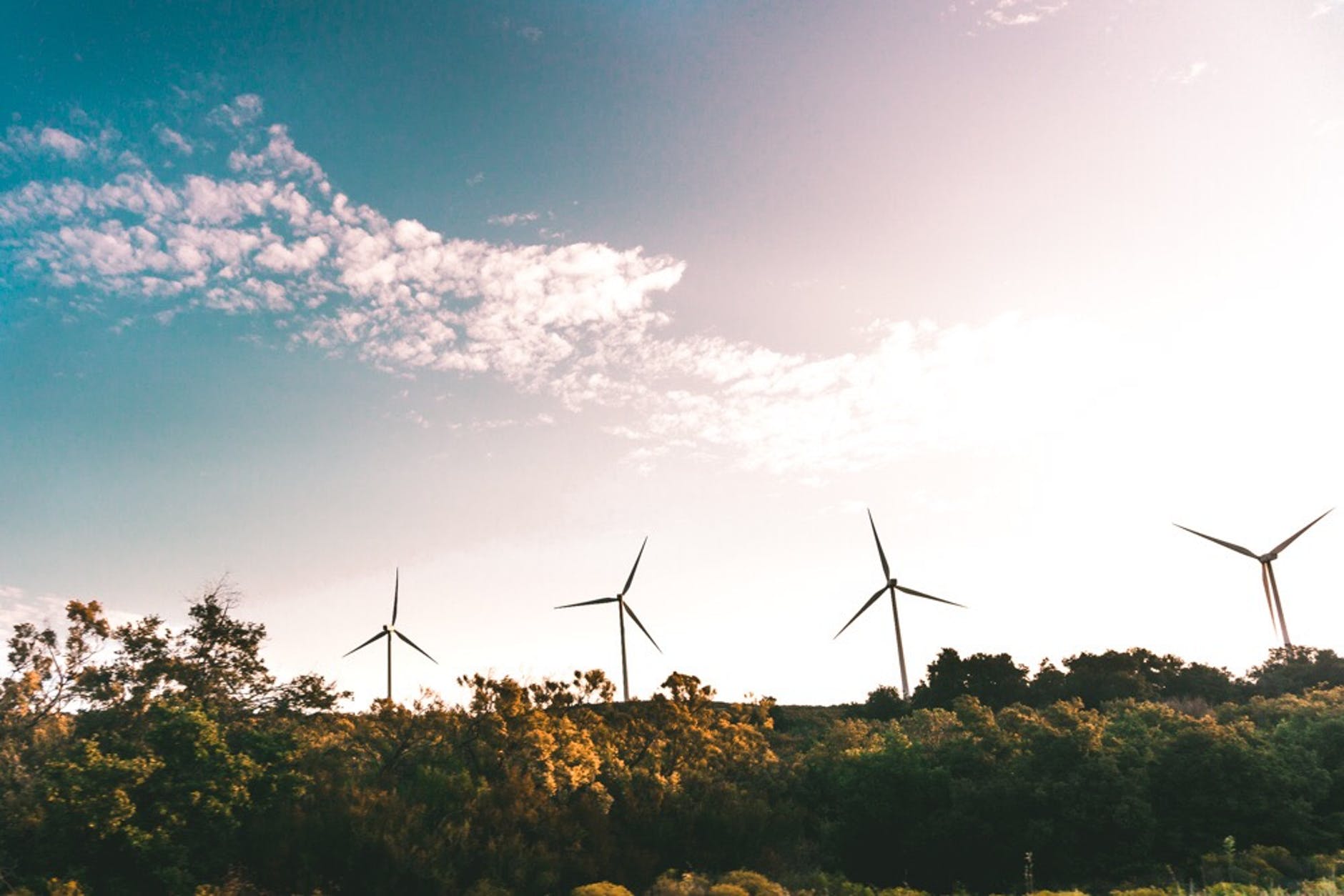
In recent weeks, news coverage has reported the immense drop in carbon emissions seen globally since the coronavirus pandemic hit. We’re undergoing the biggest carbon crash ever recorded. Emissions dropped 18% in China between February and March, and between 40% and 60% over recent weeks in Europe. Road traffic in the UK has fallen by 70%, and global air traffic has halved.[1]
But this is simply the start. In order for Net Zero targets to be met globally by – at the very latest – 2050, this kind of reduction has to be sustained, and even increased. “If Covid-19 leads to a drop in emissions of around 5% in 2020, then that is the sort of reduction we need every year until net-zero emissions are reached around 2050,” said Glen Peters, from Cicero.[2] Monumental change is required.
However, I find the narrative around the reduction of carbon emissions due to Covid-19 and the subsequent lockdown challenging. On the one hand, I rejoice that creation has been given the space to breathe. That you can see stars in cities, hear birds over less crowded roads and breathe deeply without fear of pollution is truly a joy. It is a glimpse of the kind of world, one day, we might be able to live in.
And yet, Covid-19 and the lockdown has brought immense challenges to millions. It has meant grief, increased pressures on mental and physical health, fear, poverty and huge risk. Many have lost work, and find themselves facing poverty and destitution. Many have lost loved ones. It is not a time we want to re-live, regardless of the environmental benefits it might be having.
Narratives drawing the ‘positive’ link between environmental change and Coronavirus can therefore (either consciously or not) suggest that the changes needed in order to address the climate crisis will require us to undergo these same levels of trauma. This is the first time we have seen a drop in emissions comparable to that required to respond to the climate crisis, but the costs have been huge. Drawing this comparison makes the suggestion that for creation to thrive, humanity must be restrained.
However, I fundamentally don’t believe this to be true. In fact, I believe that a true adjustment to net-zero would mean liberation, not restriction.
The immense poverty, financial and social challenges caused by the crisis are not necessary evils of the changed world needed to respond to the climate crisis. In many ways they are the consequences of our current choices, and the systems and structures they have resulted in). They are consequences of a system tethered to financial growth, which bails out the rich and cuts off those without financial resource from adequate support. A system which prioritises progress in the form of increased wealth, rather than increased wellbeing.
Transition to net-zero doesn’t mean a healthy planet at the cost of a stifled population. In fact, it is an opportunity to untie ourselves from these unhelpful measures of value which only leave people and planet worse off, and instead focus on how both can thrive. During the pandemic, we’ve grown in shared understanding that we all rely on each other, and on key systems of support, for our wellbeing. This and other shifts in understanding move our expectation of value away from pounds, pence and place on the stock market and towards an understanding of what life lived really means.
Creation and humanity are inherently intertwined. The flourishing of one need not come at the cost of another – they can thrive together. This is the picture painted by God throughout the bible. God promises a land that is healed with a people who are redeemed, that all might be brought into ‘freedom and glory’ (Romans 8:21).[3]
If we take seriously the need to respond to both the current pandemic and the climate crisis well, we have to be careful with the way we communicate our hope for long-term change. For those of us who care deeply about the renewal of creation, we have a responsibility to help our communities imagine a future which isn’t full of risk and trauma, but hope and liberation. We have an opportunity to help our neighbours, family and friends see and understand the need for change, and the ways we can uphold justice and equity through a sustainable transition. The language we use – the metaphors, comparisons and images – play a big part in this.
The pandemic has highlighted huge fractures in the way our systems and structures burden people and planet. In light of this, might we take this time to invest in narratives which continue to fix our eyes on the hope that God promises, recognising that a just future for people and planet is possible.
How have you been finding hope for a more just and equitable future? Let us know, by tweeting us @PublicIssues or emailing us at enquiries@jointpublicissues.org.uk.
[1] https://www.bbc.co.uk/news/science-environment-52485712
[2] https://www.bbc.co.uk/news/science-environment-52485712
[3] https://www.biblegateway.com/passage/?search=Romans+8%3A20-21&version=NIV
